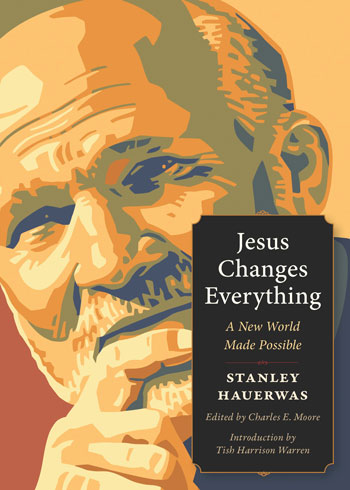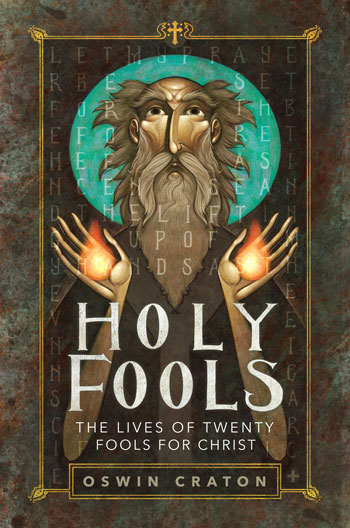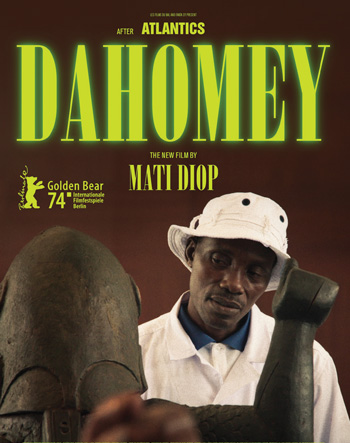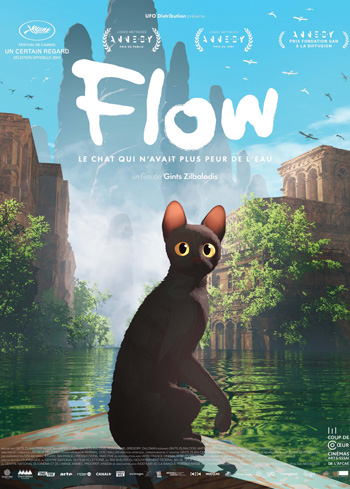Books

Jesus Changes Everything:
A New World Made Possible
Stanley Hauerwas
Plough’s Spiritual Guide, 2025
A quarter century ago time magazine named Stanley Hauerwas “America’s Best Theologian.” While that’s quite a title to defend, the professor emeritus at Duke University has continued to do plenty of theological contemplation, and has since written or co-written more than 20 books. Jesus Changes Everything: A New World Made Possible (Plough's Spiritual Guide, 2025) revisits a selection of his previously published writings, all of which are updated. It’s an accessible introduction for readers new to Hauerwas, and a thoughtful collection for those who already have wrestled with his challenging insights.
A focus on discipleship permeates the book; Hauerwas delves into the meaning of repentance, forgiveness, love, and community. Lines from scripture precede each chapter, and while the chapters are agreeably short, they are not always sweet. For example, this from Chapter 5: “I don’t want God to accept me the way I am.…That’s not love. That message is but a way of escaping the necessity of judgment on ourselves, ensuring we will have shallow souls.”
Introductions from Tish Harrison Warren and Charles E. Moore complement a thorough sources section, providing the reader with all the primary texts they may want.

In Holy Fools:
The Lives of Twenty Fools for Christ
Oswin John Craton
Ancient Faith, 2024
Domna roamed siberian streets with a pack of dogs. Prokopiy gave all his belongings to the poor and rested on a pile of manure when he was tired. Xenia spent her nights in an open field in St. Petersburg.
On first glance, these individuals – all saints in the Orthodox tradition – seem wildly eccentric. In Holy Fools: The Lives of Twenty Fools for Christ (Ancient Faith, 2024) Oswin John Craton provides a brief, reverent sketch of each, and 17 others, showing how their unconventional behavior flowed from their podvig, an ascetic struggle “to glorify Christ...and instruct others as to the will of God.”
In return, they are rewarded by God with gifts of clairvoyance and wonderworking. Their ceaseless prayer brings deep spiritual insights, and it’s fascinating to see how prominent leaders encounter these individuals. Over and over, it’s clear that leaders do well to take them seriously; after all, they’re part of a distinguished tradition of Holy Fools. The individuals highlighted in this collection are likely unknown to most Western Christians, and that makes their stories all the more poignant.
Films

Flow
Directed by Gints Zilbalodis
85 minutes
A sudden flood plunges “flow” protagonist, a plucky black cat, into an unbidden adventure. As the waters rise, Cat spots a boat drifting nearby and struggles aboard, suddenly face-to-face with a capybara. Over time, the feline and the giant rodent attract other stragglers – a yellow lab, a lemur, and a secretary bird. This motley crew floats through spectacular waterlogged ruins resembling Angkor Wat, Venice, Bhutan, and Greece. They endure storms, encounter a fearsome leviathan, and meet others in the same dire straits – notably, a flock of secretary birds, a pack of dogs, and a troop of lemurs. Despite their affinity to these other groups, each character remains loyal to the original and unlikely community that they built with halting trust, tentative cooperation, reasonably good fortune, and sacrifice. For Cat, a solitary and formerly self-sufficient creature who doesn’t have the option to join a group of its own kind, these bonds are both salvific and pure gift. It’s a joy to watch Cat accept help and, in turn, help others. “Flow” packs a surprising punch – gorgeously animated, mostly silent, this deeply spiritual film offers a profound meditation on nature, individual frailty, and kinship. “Flow” has earned multiple award nominations, capturing a Golden Globe and becoming the first independent film to win an Oscar for Best Animated Feature.

Dahomey
Directed by Mati Diop
68 minutes
What’s to be done with items taken from colonized places and people by colonizers? It’s a pressing question in recent years, and “Dahomey” documents the return of 26 artifacts from France to Benin, the West African country that was home to the Kingdom of Dahomey for over 300 years before France colonized it in the late 19th century. (The country became independent in 1960 and adopted the name Benin in 1975.)
The treasures are crated and delivered from the Quai Branly Museum in Paris to a cargo plane; their arrival in Cotonou is cause for celebration. Crowds of Beninese line the streets from the airport to welcome the collection home. Then, in a symposium at the University of Abomey-Calavi, Beninese students debate the significance of repatriation.
The film takes a poetic and fantastical turn when one of the statues – the king himself – expresses his thoughts and feelings in an arresting voiceover. What does this return mean to him, and to the people he has been separated from for over a century? The statue’s final monologue, with footage of contemporary life in Cotonou, is a stirring reflection on postcolonial resilience.
Have you found an engrossing movie or an absorbing book? Write to us at editors@intrust.org